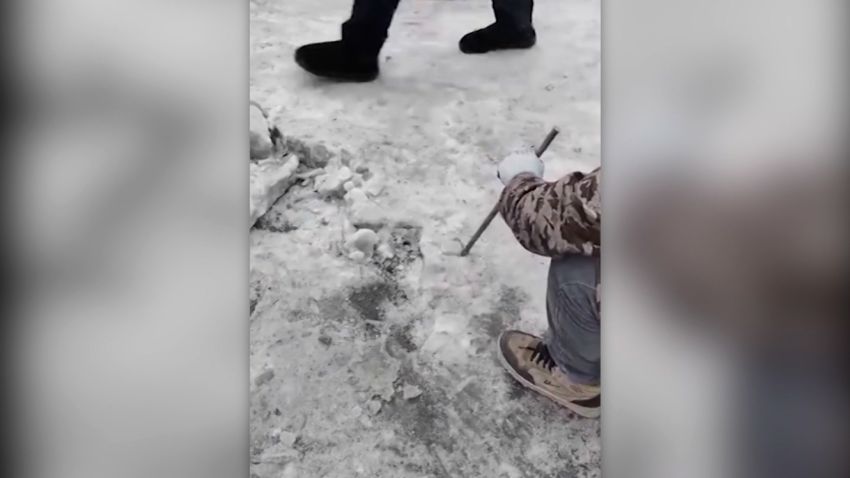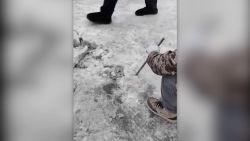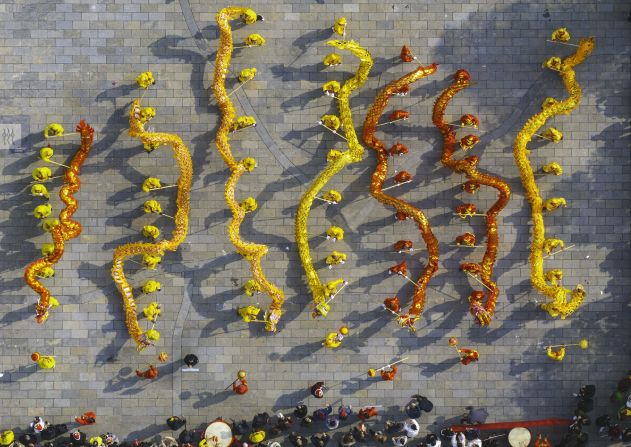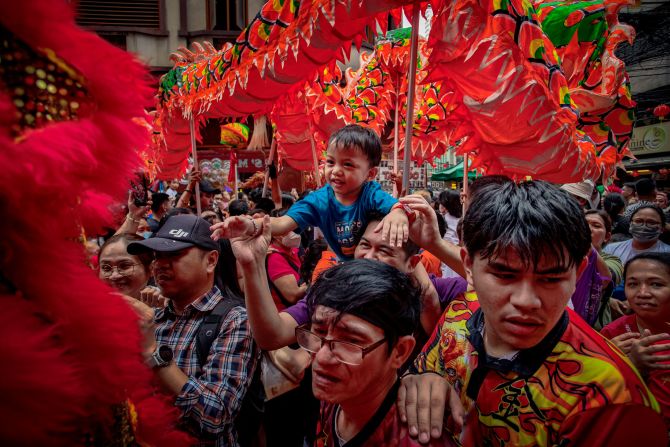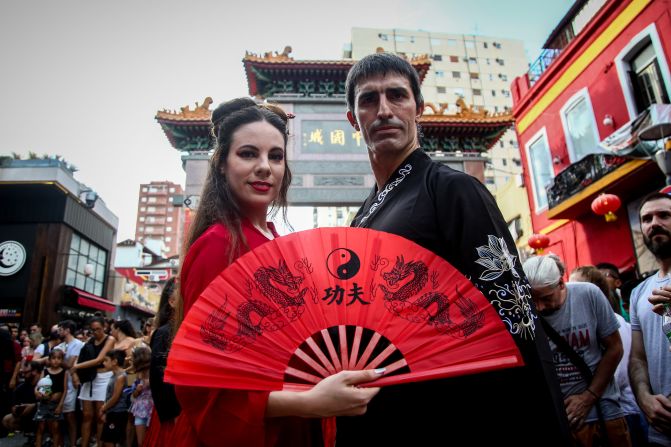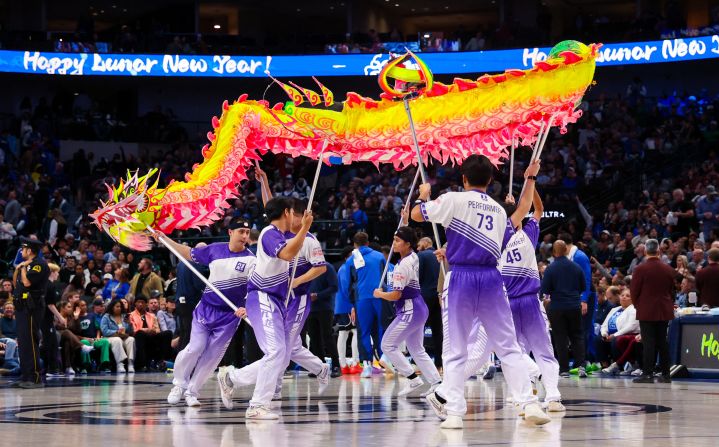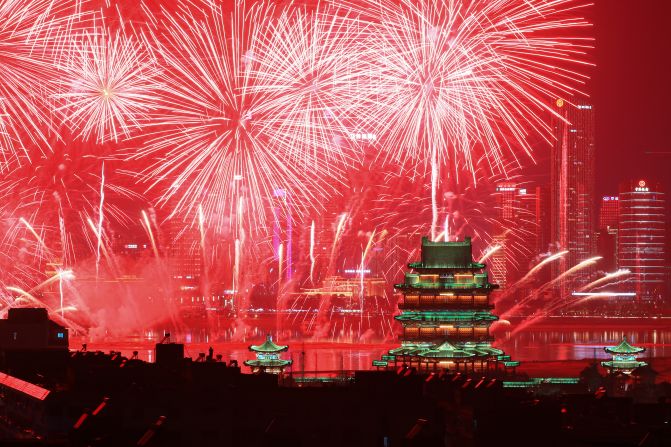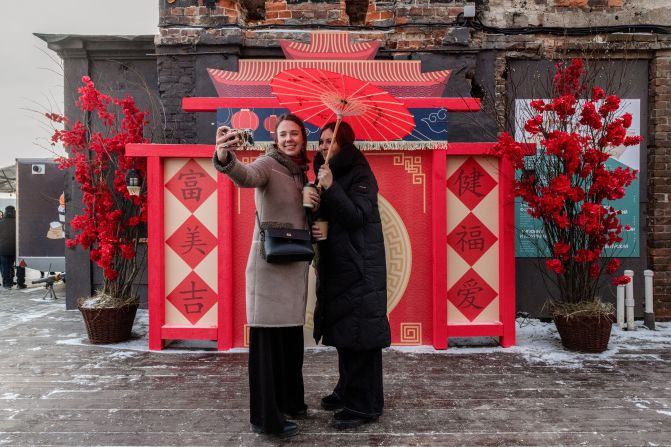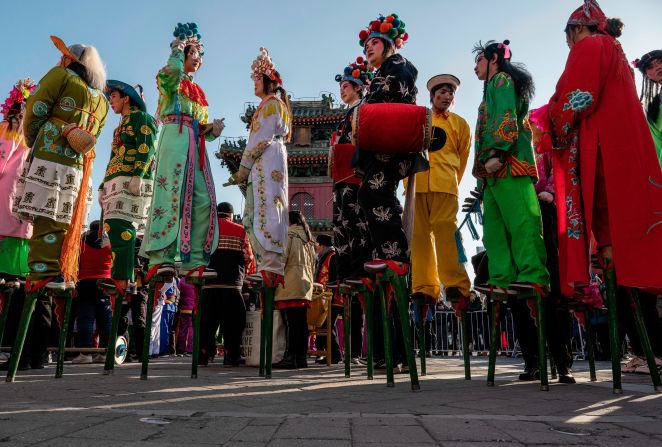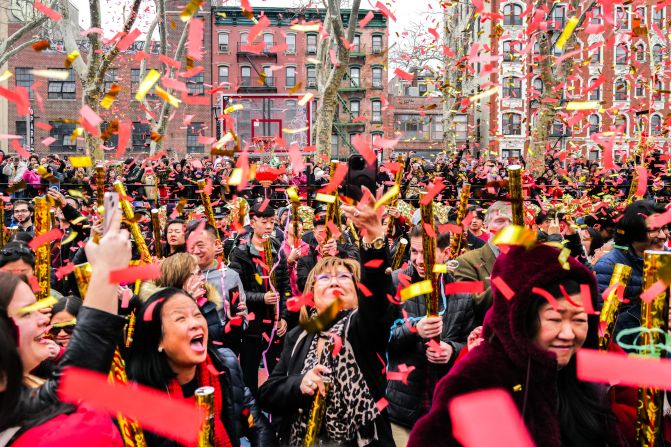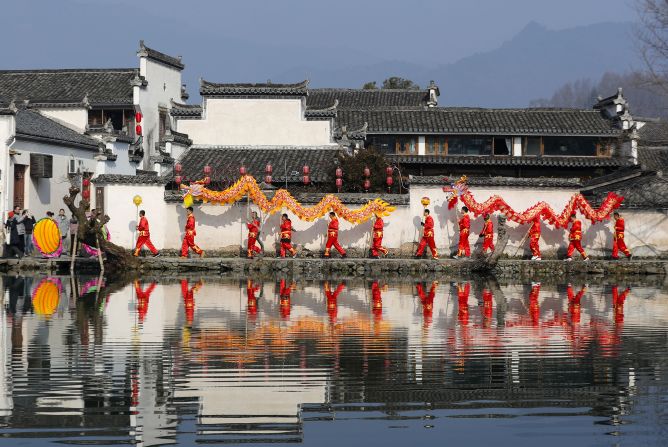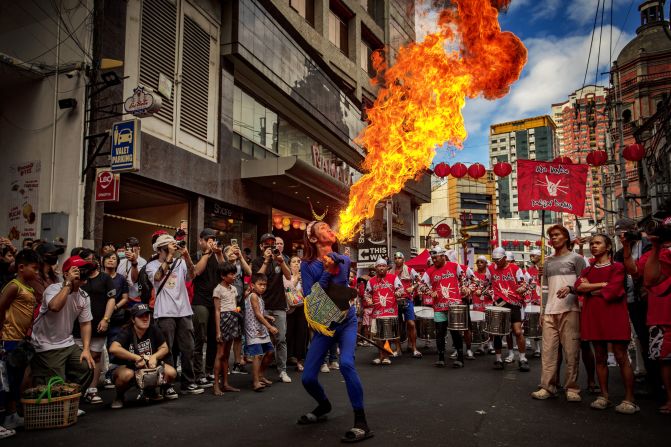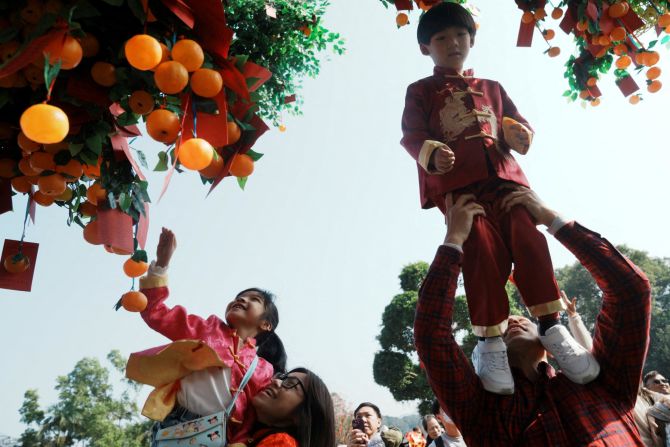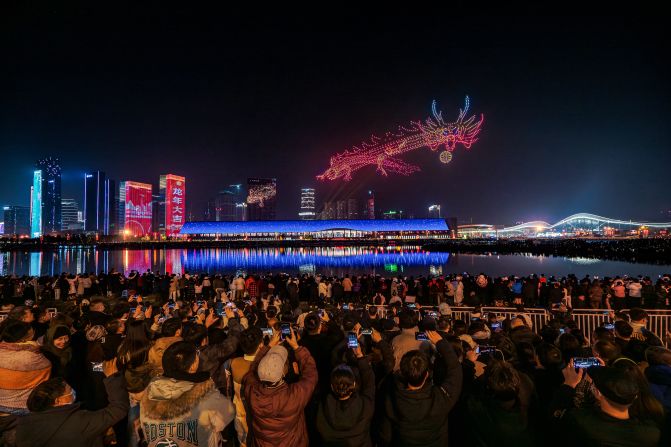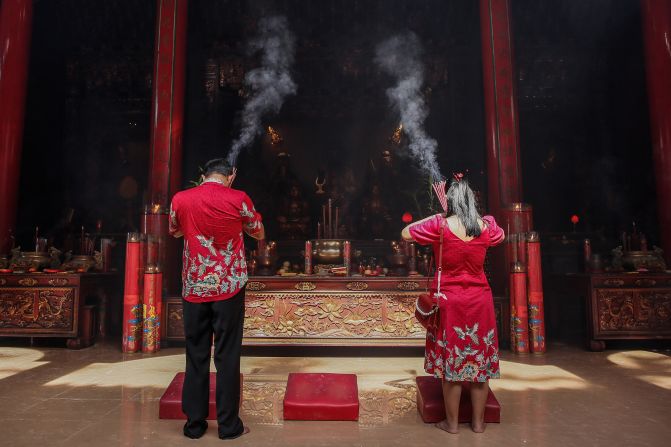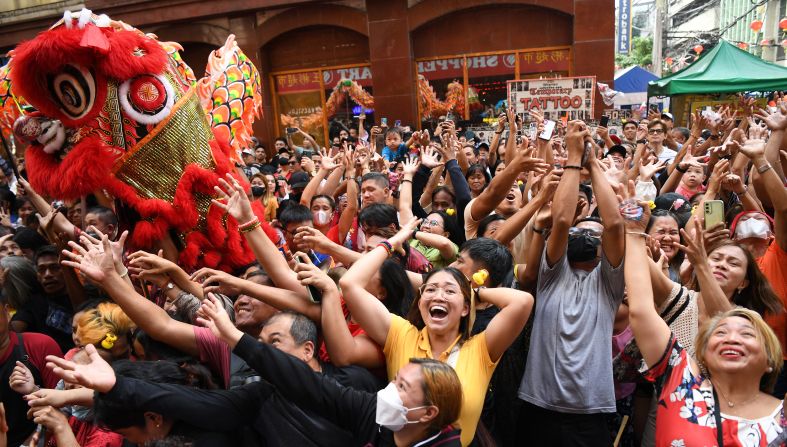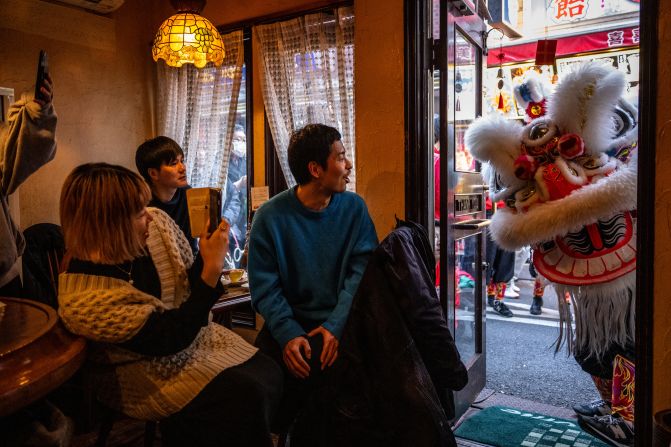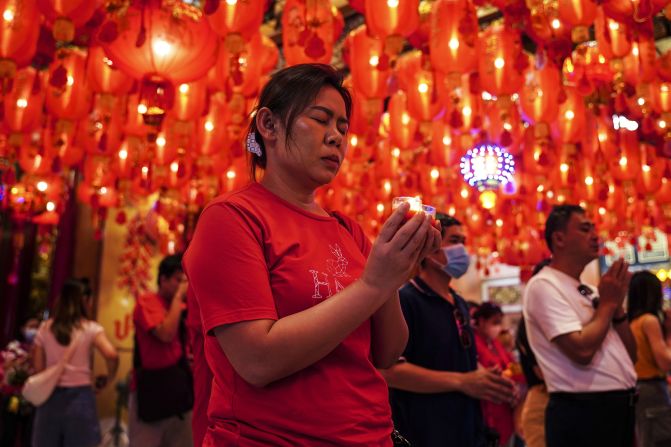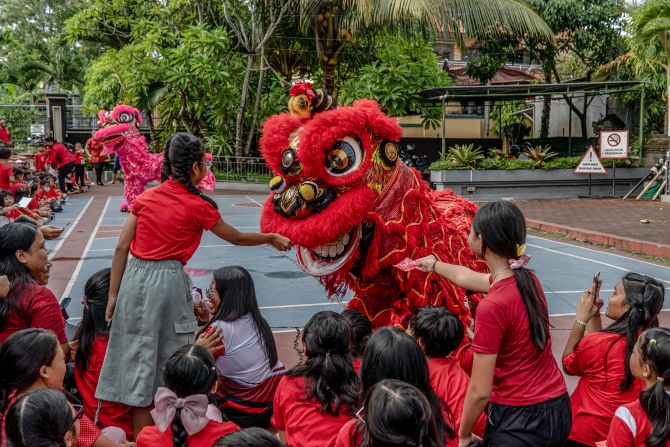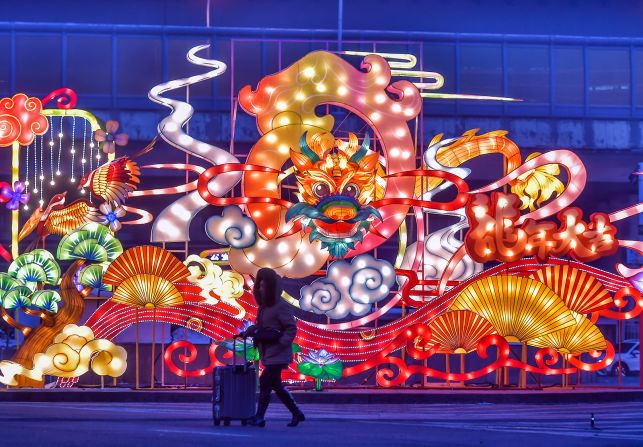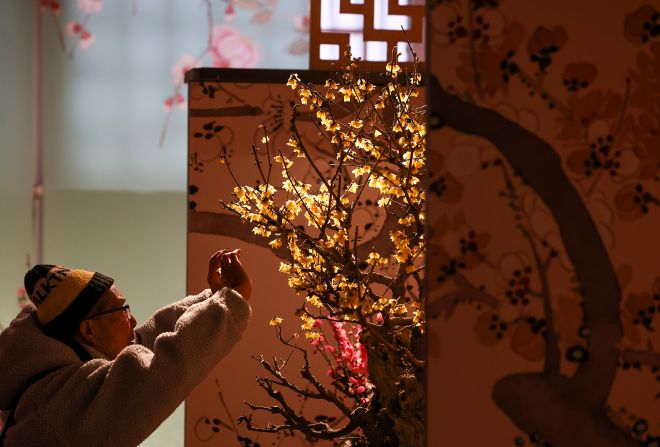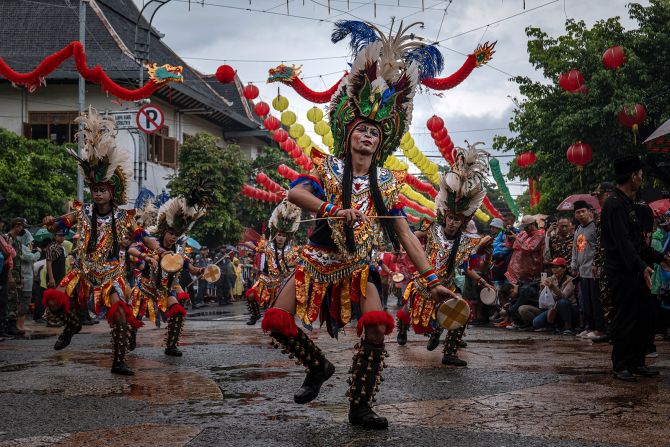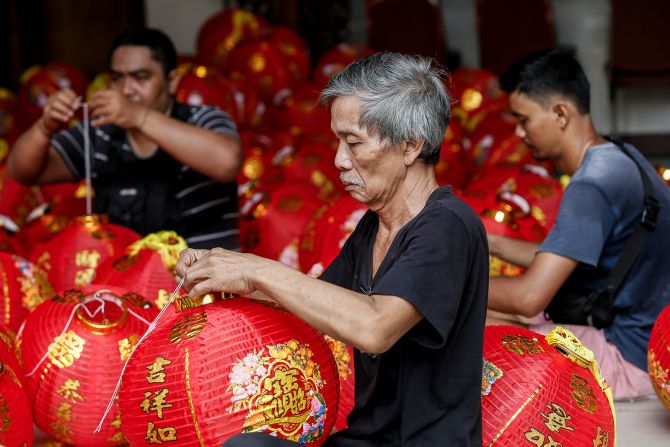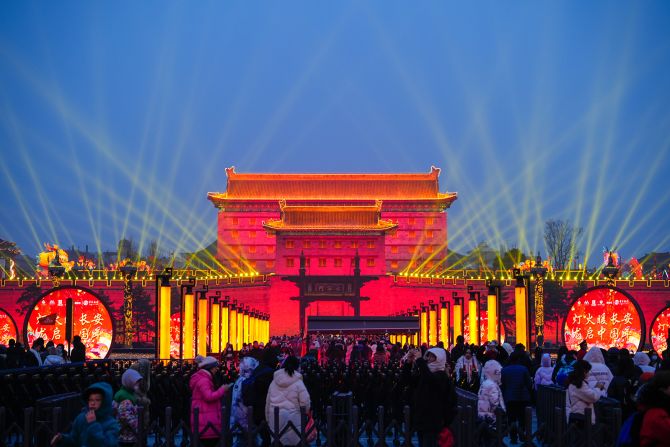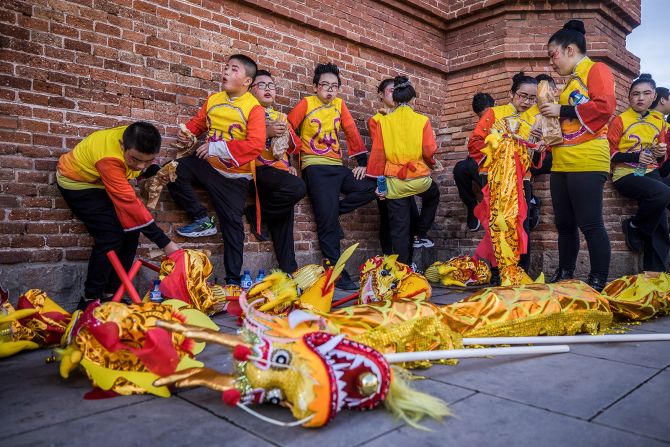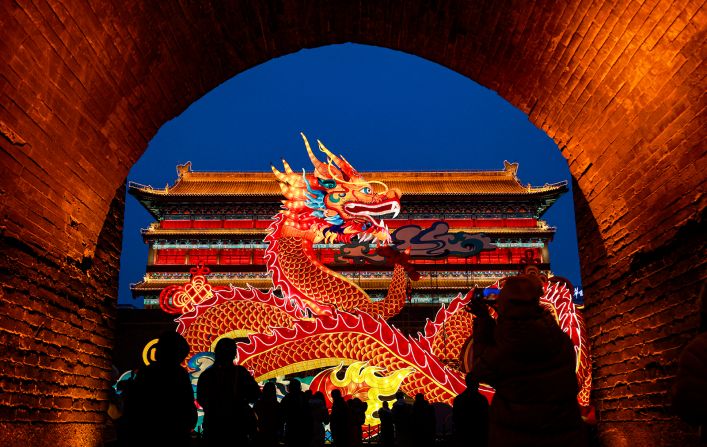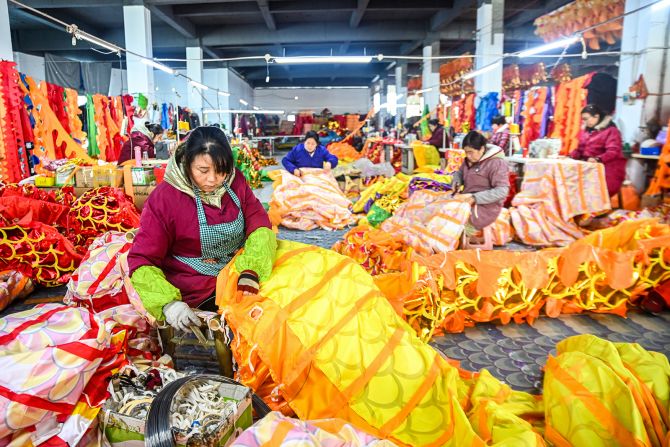Editor’s Note: Sign up for CNN’s Meanwhile in China newsletter which explores what you need to know about the country’s rise and how it impacts the world.
Blizzards and freezing rain have brought massive disruption to China’s peak Lunar New Year travel rush, leaving drivers stuck in cars on icy highways and passengers struggling to rebook canceled trains and flights.
The severe winter weather comes as Chinese travelers make an estimated record 9 billion trips during the notoriously busy 40-day “chunyun” period, when millions of urban workers brave crowded stations and huge traffic jams to return to their hometowns for the celebrations, also known in the country as Spring Festival.
Sections of 90 major highways impacted by snow and ice were closed across China as of Tuesday morning, according to state-affiliated Beijing News. In hard-hit Hubei and neighboring Anhui provinces, where temperatures have dropped below freezing in recent days, thousands of workers were deployed to restore train operations and clear roads, state media reported.
Numerous videos and images circulating online show stretches of snowbound cars stalled on highways. Others show crowds of stranded passengers in train stations, in one case with an announcement blaring: “No trains are leaving today. Please go ahead and get your refund.”
In central China, traffic ground to a halt as dozens of highways were closed across Hubei and hundreds of flights were canceled in transit hub Wuhan over the weekend – with more bad weather expected in the greater region over the coming days.
This holiday season marks the first time in several years that many across China have been able to travel freely to celebrate with friends and family, following the end of tough Covid-19 controls that had severely restricted movement since 2020. Last year’s holiday took place just weeks after those measures were lifted, only to coincide with a wave of infections across the country that complicated travel.
In pictures: Lunar New Year celebrations
Tortuous journey, but high spirits
This year, severe weather warnings from authorities have not deterred many from setting off for their hometowns to ring in the Year of the Dragon, which begins February 10.
Among those determined to celebrate with loved ones was Tang Zitao, a used car dealer in Hubei, who was trapped in his vehicle overnight while driving home.
Speaking to CNN Monday as he waited for snowbound traffic to start moving, Tang said what was usually a six-hour journey had already taken 24 hours.
“This journey has been too long, and it is indeed torture,” said Tang, who was bundled in a down jacket and, unlike some around him, had come well-prepared with food and water.
Tang flipped through his camera, where images showed piles of snow on both sides of the road and a long traffic jam. “The snow has been falling since the day before yesterday. It melted a little, but it then turned into ice. So the road is very wet and slippery,” he said.
But Tang remained upbeat. “No matter what, we’d always head home for the Spring Festival. It’s a Chinese tradition,” he said.
Tang finally reached his destination at 2 a.m. Tuesday, he told CNN in an update.
Along the icy roads, multiple videos circulating on social media show people walking car to car or setting up roadside stations offering provisions to stranded motorists, with some passing bottles of warm water over highway fences.
“These are not for sale – they’re free,” said one woman handing out porridge to stranded travelers alongside one highway.
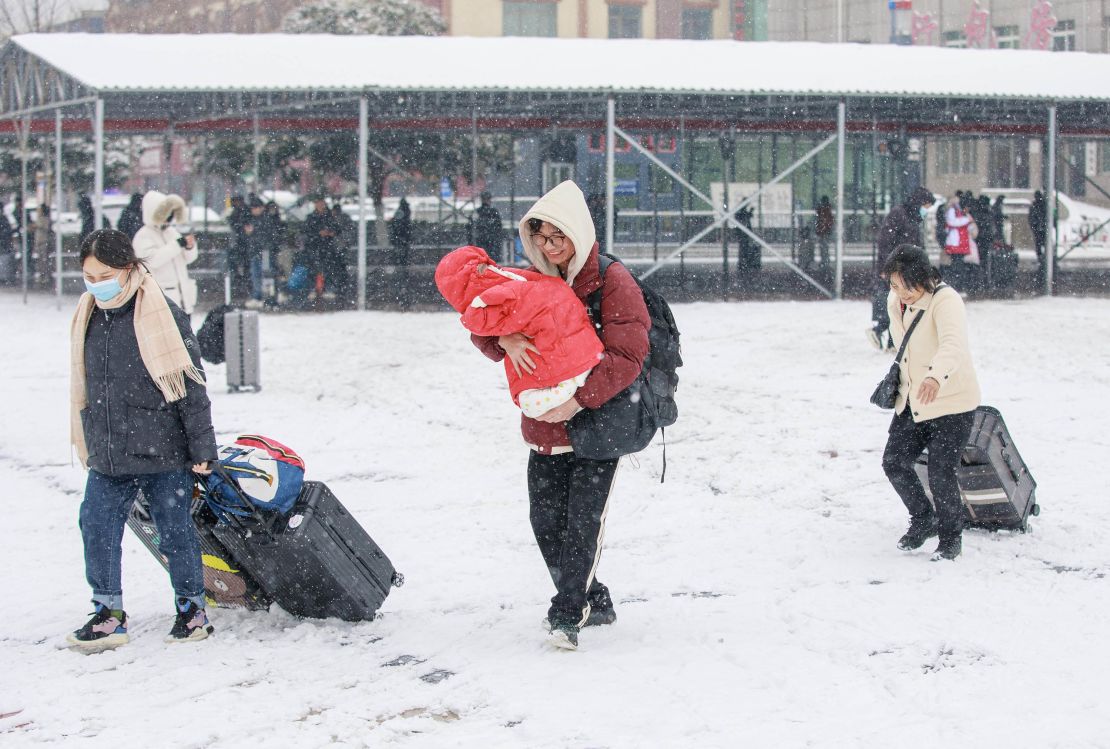
Though railway services in Wuhan gradually resumed Monday, 100 highway toll stations in surrounding Hubei were still implementing traffic control measures due to icy roads, state media reported.
And the weather shows little sign of respite. Another wave of precipitation is forecast through midweek slightly further south than the snow over the weekend, according to CNN Weather.
China’s meteorological authorities on Tuesday issued a warning for further heavy snow in parts of Hubei and areas in central and southern China, lasting into Wednesday afternoon.
CNN’s Martha Zhou contributed reporting.


